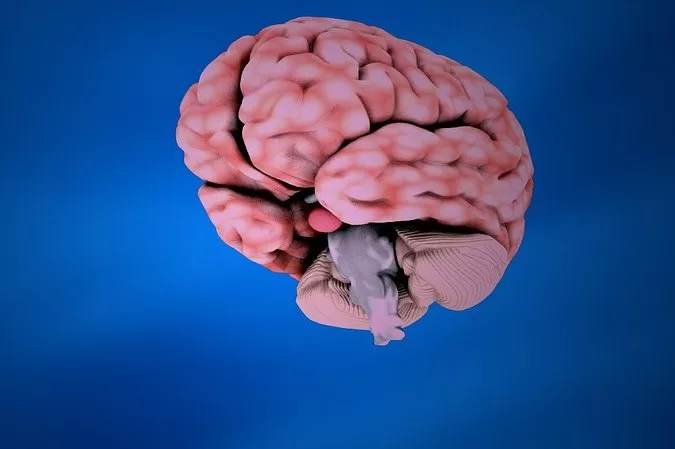Dec. 2 (UPI) — It’s 2024, so even if you haven’t yet heard about the new Word of the Year, chances are you probably have experienced it.
Brain rot.
On Monday, Oxford University Press — the publishing house of the University of Oxford — announced that “brain rot” is the 2024 Word of the Year after more than 37,000 votes and an analysis of its use, particularly online.
In announcing the news, editors said experts realized that the concept of brain rot was growing in “prominence this year as a term used to capture concerns about the impact of consuming excessive amounts of low-quality online content, especially on social media.”
Oxford University Press editors said the term increased in usage frequency by 230% between 2023 and 2024, and they particularly noted that it was something being promoted heavily this year on TikTok, too.
The University of Oxford, which has been teaching English words and how to use them since as early as 1096, defined the concept of brain rot as: “(n.) Supposed deterioration of a person’s mental or intellectual state, especially viewed as a result of overconsumption of material (now particularly online content) considered to be trivial or unchallenging. Also: something characterized as likely to lead to such deterioration.”
And it’s far from a new usage of words, either, the editors freely admit.
In fact, it was first recorded in Henry David Thoreau’s Walden, in which the early American essayist discussed his attempt to lead a simpler, purer life alongside nature.
Oxford editors said Thoreau — in criticizing society’s search for simple answers to complex issues — first brought the term to life in 1854 when he wrote, “While England endeavors to cure the potato rot, will not any endeavor to cure the brain-rot — which prevails so much more widely and fatally?”
Now, Oxford editors say, the same term has “taken on new significance in the digital age,” noting that “brain rot” enjoys widespread use even in mainstream journalism as society expresses unease today on the effect of its overconsumption of digital content.
More about the voting process for this year’s word selection and a look at previously chosen words can be found here.
